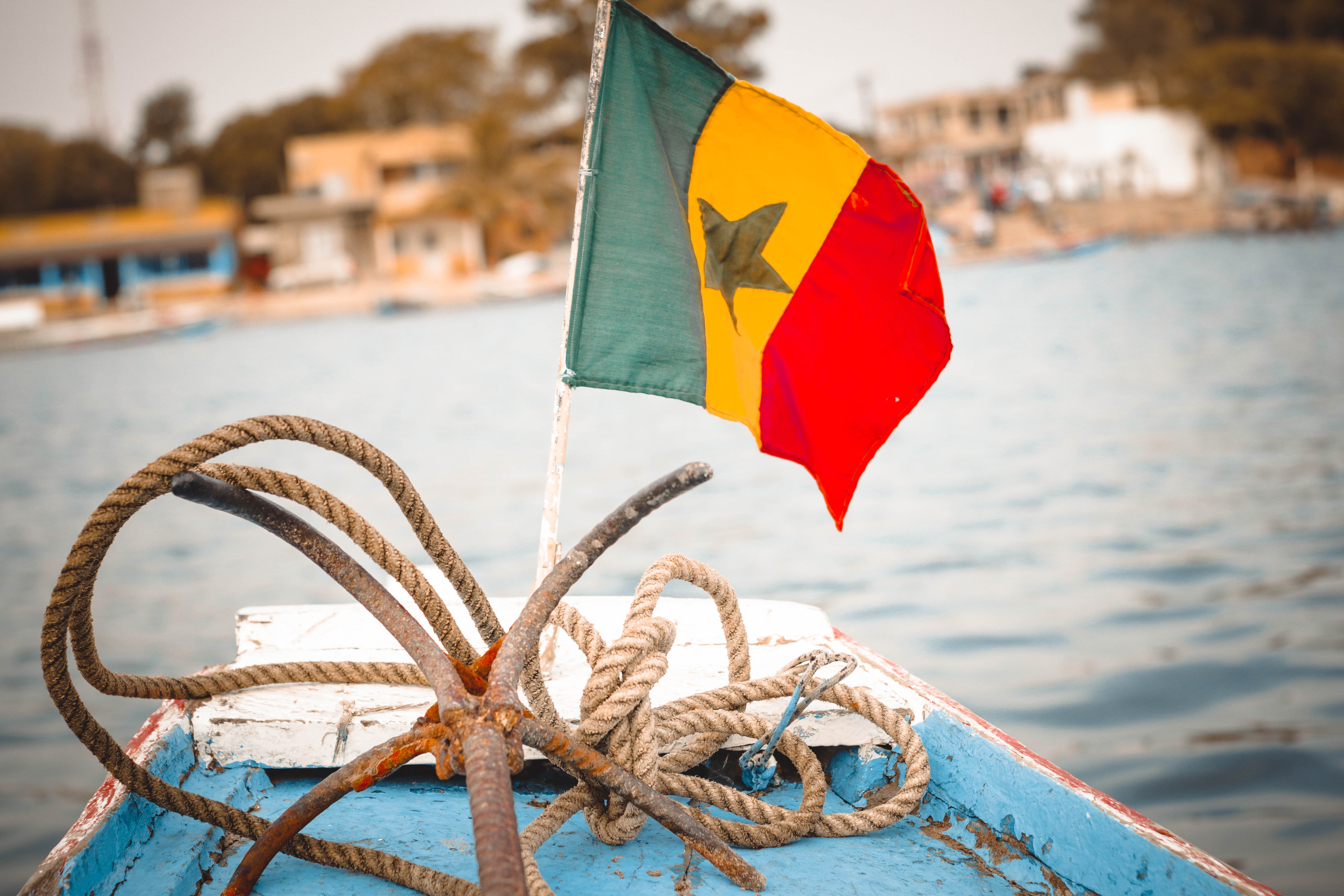
近年ダカールの税関での罰金が多く、高額なケースが報告されています。数十万米ドルの罰金は珍しくなく、中には百万米ドルが課されたケースもあります。本記事では同国で罰金のリスクを軽減するために留意すべき点をまとめました。
In recent years, Customs fines in Dakar have become more frequent and more expensive. Fines of several hundred thousands US dollars are commonplace and in one case, a fine of one million US dollars was levied.
Budd Senegal reports that in addition, vessels carrying bagged or bulk cargoes now run a higher risk of detention by Customs. Two different subdivisions of Senegalese Customs ares responsible for carrying out controls on vessels. Both can levy fines:
Customs Bulk and Bagged Cargo Subdivision
Since early 2019, vessels have been at an increased risk of Customs fines because Customs' Bulk and Bagged Cargo Subdivisions has been monitoring discharge operations and automatically levying fines if there is any difference between the quantities of cargo recorded at the weighbridge (even overlanded cargo) and the quantities shown on the cargo manifest.
Under law, such a discrepancy may be considered as an attempt to evade Customs duties, hence the fact that both over - and shortlanded cargo will result in a fine. We now observe that when a vessel carrier is expected to complete discharge of bulk or bagged cargo over a weekend, Customs will detain the vessel with a view to securing payment of any fine that may prove applicable.
In such cases, the vessel should immediately contact their P&I Correspondent with a view to negotiating with Customs and ensuring that the vessel is able to sail on time. We would also recommend the appointment of a surveyor to monitor discharge operations and attend at the weighbridge.
Customs Port Surveillance Subdivision
This service has the authority to level fines for any perceived discrepancies in declarations regarding bunkers, ship's stores, personal effects or goods in transit or for transshipment.
A detailed description of all goods must be provided with the summary.
To reduce the risks, Budd Senegal recommends that vessels pay particular attention to ensuring that the following documents or declarations are fully accurate:
- Cargo Manifest (indicating any goods for transshipment or in transit)
- Bills of Lading
- List of ports of call
- Crew List
- List of personal effects of crew
- Bonded store
- Food supplies
- Paint inventory
- Chemicals
- Fire extinguishers
- Foam
- CO2
- Bunker declaration detailing quantities of:
- Lube Oil
- Diesel Oil
- Fuel Oil
- as well as quantities in tanks (including sump tanks), drums, cans and sludge.
Misdeclaration of any of the items listed above, including goods in transit, may also be considered as an attempt to avoid paying Customs duties.
The resulting Customs fines are imposed in accordance with Article 62 of the Senegalese Customs Code which provides that:
- Cargo arriving by sea must be shown on the manifest or loading list.
- The manifest must be signed and dated by the master of the vessel or his representative. It must provide sufficient information to indicate the type and quality of the cargo as well as any possible prohibitions, in particular:
- The number of packages;
- The brands and numbering of the said packages;
- The nature of the cargo;
- The loading and delivery destinations. - The Managing Director of Customs may, whenever it is deemed necessary, modify the list of mandatory instructions.
- It is forbidden to list as one single unit in the same manifest several sealed packages assembled together in any way or form.
(The French wording of Article 62 may be found here).
In the light of the escalation in documentary Customs fines, we take this opportunity to summarize the recommended precautions:
- Before arriving in the port, vessels should consult their agent for the latest requirements;
- Complete the Customs Declaration before arriving in the port;
- Ensure that all the items listed above, including personal belongings of crew, ship’s stores, fire extinguishers, CO2, bunkers etc. etc., are accurately described in the declaration;
- Prepare a file containing all the relevant documents and ask the vessel’s agent to come on board to check same before Customs arrive;
- Ensure that the declaration has been fully completed and checked before Customs come on board;
- The Master in person should carry out the formalities on board with the Customs officers in the presence of the vessel’s agent;
- Ensure that any modification to the manifest has been made correctly;
- Do not sign any document from Customs which you do not fully understand;
- Avoid attempting to argue or negotiate with the Customs officers as they may well interpret any such efforts as an attempt to corrupt state officials, a punishable offence.
- Immediately contact your P&I Correspondent.
Immigration Controls
In addition to the above, Budd Senegal reports that in recent years, vessels have had to face a new problem following the intensification of border controls on inward bound vessels by the Senegalese Immigration Services.
Dakar’s Immigration Services demand that all passports and seamen’s books are totally accurate, up to date, and signed where appropriate.
Seamen's books should be:
- correctly stamped in the right place with the shipowner's stamp;
- completed in full;
- indicate the crew member's correct rank;
- show full and accurate joining and leaving ports and dates.
For example, an official ship’s stamp with information on the Main engine power should not appear on seamen books of deck crew!
When an anomaly is found in the crew’s travel documents during inward clearance visits on board, Dakar’s Immigration Services will not hesitate to confiscate crew passports and summon the Master to their offices for questioning.
Under law, any irregularity in travel documents can result in criminal charges and, in principle, the Master of the vessel can be arrested and sent to prison.
So far, Budd Dakar has so far been successful in resolving such issues with Immigration amicably.
Immigration Officers do not always speak fluent English and communications problems with the crew can create a hostile environment. To avoid any escalation, it is vital to show due respect to Immigration officers in their capacities as representatives of state authority. We would also recommend that the vessel’s agent attend on board during inward clearance procedures.





